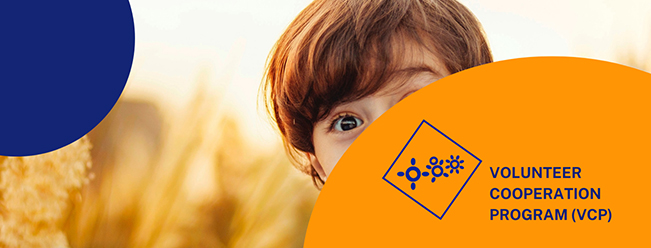Worldwide, millions of children live in institutions, which runs counter to both the UN-recognised right of children to be raised in a family environment, and the findings of our accompanying systematic review of the physical, neurobiological, psychological, and mental health costs of institutionalisation and the benefits of deinstitutionalisation of child welfare systems.
In this part of the Commission, international experts in reforming care for children identified evidence-based policy recommendations to promote family-based alternatives to institutionalisation.
Family-based care refers to caregiving by extended family or foster, kafalah (the practice of guardianship of orphaned children in Islam), or adoptive family, preferably in close physical proximity to the biological family to facilitate the continued contact of children with important individuals in their life when this is in their best interest. 14 key recommendations are addressed to multinational agencies, national governments, local authorities, and institutions.



